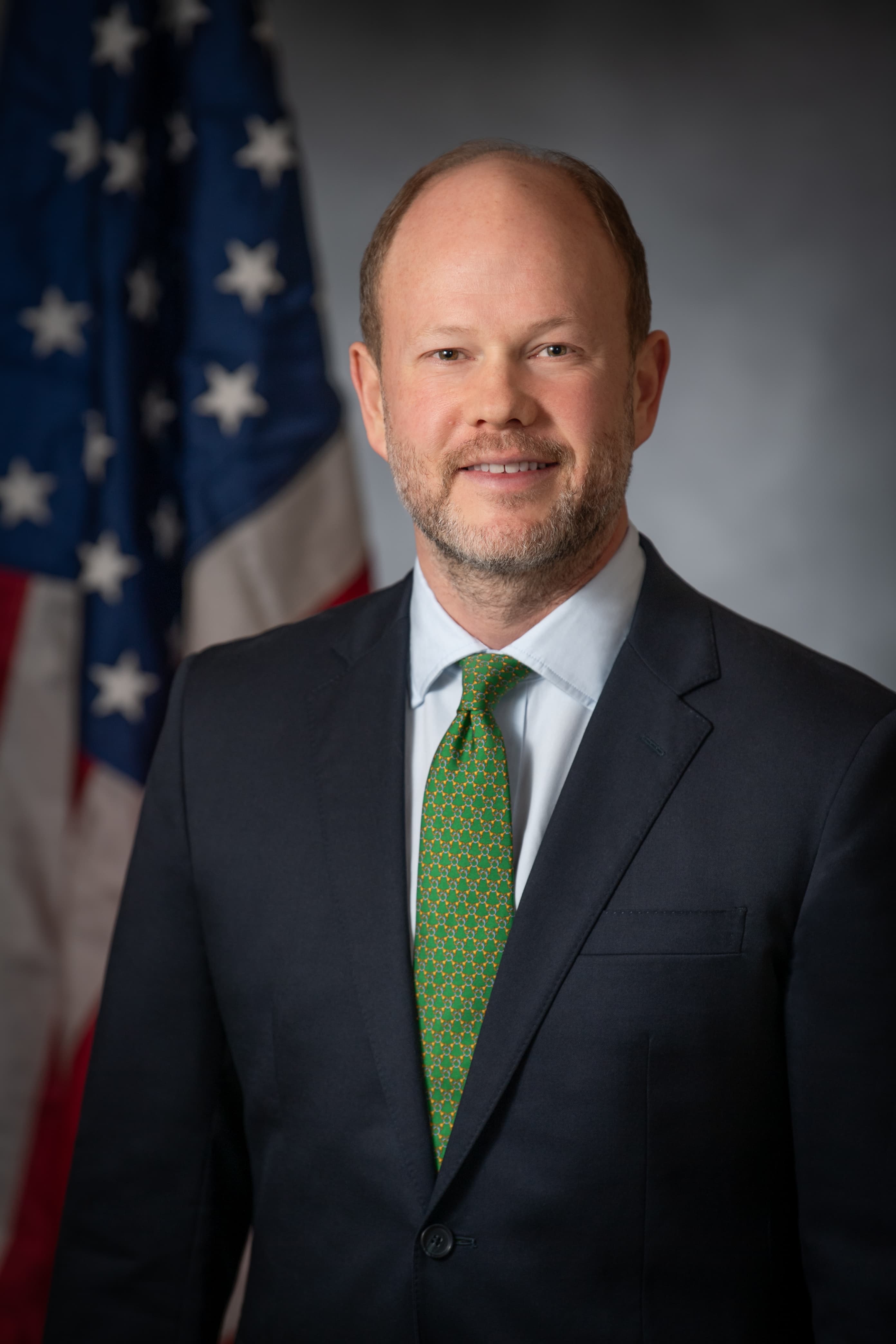Statement of Commissioner Peter A. Feldman on Generac Power Systems Civil Penalty Settlement
CPSC needs a consistent methodology for how we calculate penalty amounts.
This week, the U.S. Consumer Product Safety Commission (CPSC) announced a near-maximum civil penalty agreement with Generac Power Systems, Inc. (Generac) in the amount of $15.8 million. The settlement relates to the company’s failure to report, as required by law, injuries associated with several models of portable generators that it recalled in July 2021. Because the company has agreed to this outcome, I voted to accept the settlement.
Nevertheless, I remain concerned that the Commission’s civil penalty structure lacks coherence overall. As I have expressed before, CPSC needs a consistent methodology for how we calculate penalty amounts. This case did not involve fatalities. Generac is a first-time offender. A reasonable reading of the evidence in this case could support a conclusion that the initial reporting delay was born out of a failure to appreciate the nature of the hazard rather than a concealment of the problem from CPSC. The one factor that distinguishes this civil penalty from those against Core and Clawfoot, which both settled for less than half the amount in this case, is the size of the company. Today’s settlement is also at odds with Vornado, where the Commission settled charges for $7.5 million against a recidivist firm involving failure to report a fire hazard that resulted in at least 19 fires and the death of an elderly man.
Generac delayed reporting, which is why a civil penalty is appropriate here. However, I am concerned that by applying a near-maximum penalty in this case, with these facts, the Commission misses yet another opportunity to speak with clarity about what conduct it considers to be most egregious. Moreover, I remain convinced the Commission can be more effective using some of the other compliance tools at its disposal, such as requiring firms to employ third-party monitors. Until recently, outside monitors were commonly included to provide external verification that the terms of the agreement are met.
I support maximum civil penalties in failure-to-report cases where a product hazard results in death, poses a significant risk of death from incidents such as fires, or where there are aggravating factors such as a history of misconduct by the company’s senior management. I will continue to work with my colleagues to create a more structured and coherent civil penalty regime that provides clearer guidance on the types of conduct that will result in maximum fines, as well as the types of conduct that are suited to other types of relief.


